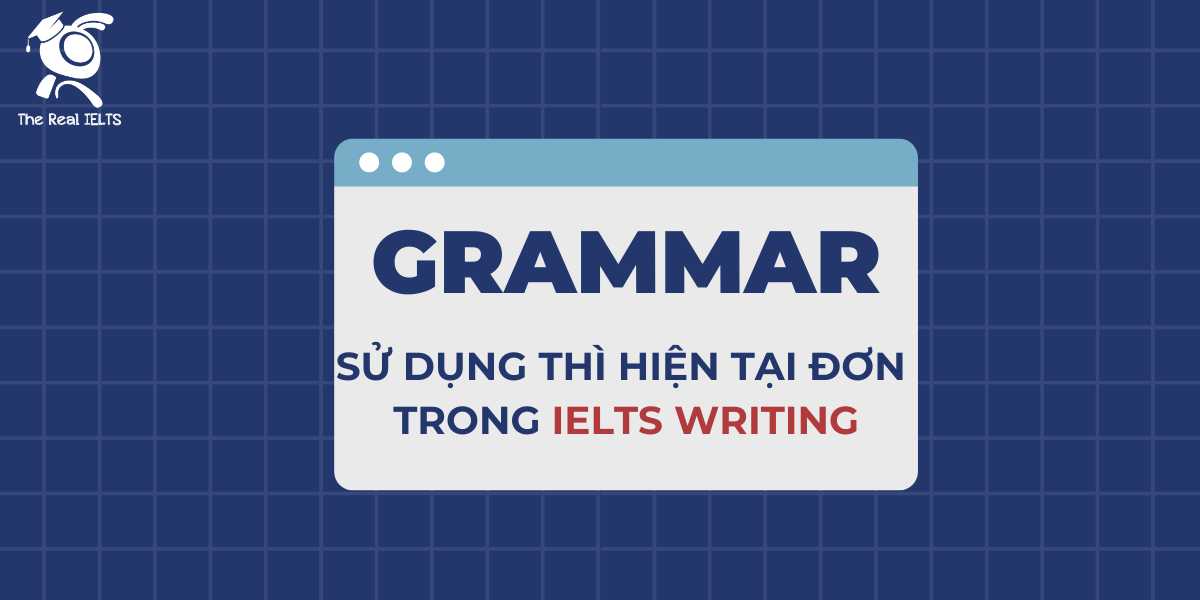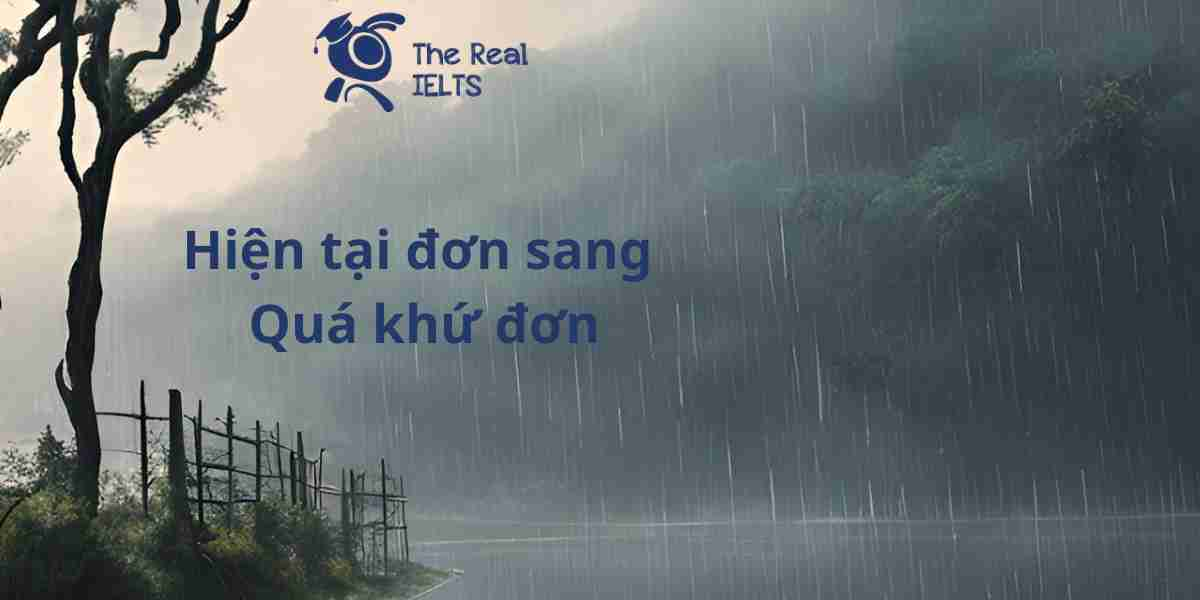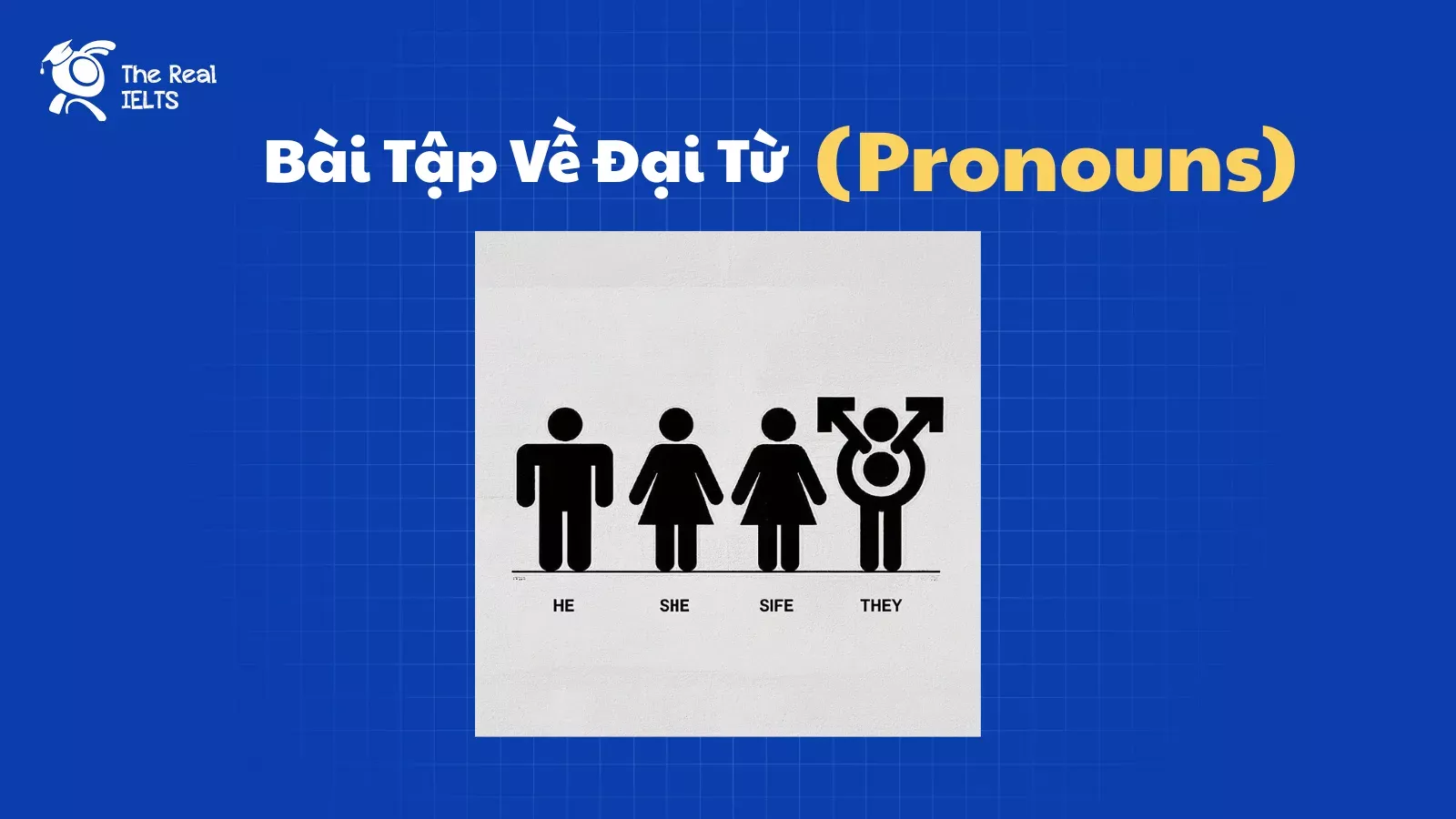Đề bài IELTS Writing Task 2 dạng Positive or Negative have children
You should spend about 40 minutes on this task
The rise in the number of people choosing not to have children. Do you think this is a positive or negative development?
Write at least 250 words.
Giải mẫu IELTS Writing
The trend of increasing numbers of people opting not to have children is a significant shift in modern society. While some view this as a negative development due to potential demographic and economic impacts, others see it as a positive change reflecting individual autonomy and social progress. In my opinion, this trend is a mixed development with both positive and negative aspects.
On one hand, the decision to remain childless can be seen as a positive development. It allows individuals to prioritize personal goals and career ambitions, leading to greater life satisfaction for many. Without the responsibilities of raising children, people can invest more in their personal and professional growth, potentially contributing more significantly to society through their work and other pursuits. Moreover, in a world facing overpopulation and environmental challenges, a decline in birth rates can alleviate pressure on natural resources and reduce environmental degradation. This perspective emphasizes the importance of personal freedom and the broader benefits to society and the planet.
On the other hand, there are negative consequences to consider. A shrinking population can lead to a demographic imbalance, with fewer young people to support an aging population. This can strain public services and social security systems, as the workforce diminishes and the number of retirees grows. Economically, a declining birth rate can result in a reduced labor force, potentially hindering economic growth and innovation. Societal cohesion may also suffer, as communities traditionally revolve around family units and the intergenerational bonds that children help to create and maintain.
Additionally, the choice not to have children can have personal repercussions. While many find fulfillment in their careers and personal lives, others may experience regret or loneliness later in life, particularly as they age without the support and companionship of children and grandchildren. The societal pressure to conform to this new norm can also be burdensome for those who desire to have families but face economic or social barriers.
In conclusion, the rise in the number of people choosing not to have children presents both positive and negative implications. It enhances individual freedom and may benefit the environment, but it also poses challenges for demographic stability, economic growth, and personal well-being. Balancing these factors is crucial for societies to adapt to this evolving trend while supporting the diverse choices of their citizens.
Thống kê cấu trúc câu và cấu trúc ngữ pháp
Cấu trúc câu và cấu trúc ngữ pháp
Cấu trúc câu
- Câu khẳng định:
- “The trend of increasing numbers of people opting not to have children is a significant shift in modern society.”
- “It allows individuals to prioritize personal goals and career ambitions, leading to greater life satisfaction for many.”
- Câu phủ định:
- “While some view this as a negative development due to potential demographic and economic impacts, others see it as a positive change reflecting individual autonomy and social progress.”
- “Without the responsibilities of raising children, people can invest more in their personal and professional growth, potentially contributing more significantly to society through their work and other pursuits.”
- Câu ghép:
- “On the other hand, there are negative consequences to consider.”
- “A shrinking population can lead to a demographic imbalance, with fewer young people to support an aging population.”
- Câu phức hợp:
- “This perspective emphasizes the importance of personal freedom and the broader benefits to society and the planet.”
- “While many find fulfillment in their careers and personal lives, others may experience regret or loneliness later in life, particularly as they age without the support and companionship of children and grandchildren.”
Cấu trúc ngữ pháp
- Thì hiện tại đơn:
- “The trend of increasing numbers of people opting not to have children is a significant shift in modern society.”
- Thì hiện tại tiếp diễn:
- “In my opinion, this trend is a mixed development with both positive and negative aspects.”
- Mệnh đề quan hệ:
- “A shrinking population can lead to a demographic imbalance, with fewer young people to support an aging population.”
- Mệnh đề điều kiện:
- “If fewer young people support an aging population, public services and social security systems can be strained.”
- Cấu trúc bị động:
- “This perspective emphasizes the importance of personal freedom and the broader benefits to society and the planet.”
Từ nối
- Mở đầu đoạn văn:
- “On one hand,”
- “On the other hand,”
- “Additionally,”
- “In conclusion,”
- Liên kết ý trong câu:
- “while” (e.g., “While some view this as a negative development…”)
- “Moreover,”
- “potentially” (e.g., “…potentially contributing more significantly to society…”)
- “particularly” (e.g., “…particularly as they age without the support and companionship…”)
- Liên kết đoạn văn:
- “Furthermore,”
- “However,”
- “Therefore,”
- “Thus,”
Các từ vựng tiếng Anh cần lưu ý trong bài viết
- Trend – Xu hướng
- Opting – Lựa chọn
- Childless – Không có con
- Significant shift – Thay đổi đáng kể
- Modern society – Xã hội hiện đại
- Demographic – Nhân khẩu học
- Economic impacts – Ảnh hưởng kinh tế
- Autonomy – Tự chủ
- Social progress – Tiến bộ xã hội
- Personal goals – Mục tiêu cá nhân
- Career ambitions – Tham vọng nghề nghiệp
- Life satisfaction – Sự hài lòng trong cuộc sống
- Responsibilities – Trách nhiệm
- Professional growth – Phát triển nghề nghiệp
- Natural resources – Tài nguyên thiên nhiên
- Environmental challenges – Thách thức môi trường
- Decline in birth rates – Giảm tỷ lệ sinh
- Demographic imbalance – Sự mất cân đối dân số
- Public services – Dịch vụ công cộng
- Social security systems – Hệ thống an sinh xã hội
- Workforce – Lực lượng lao động
- Economic growth – Tăng trưởng kinh tế
- Innovation – Sự đổi mới
- Societal cohesion – Sự gắn kết xã hội
- Family units – Đơn vị gia đình
- Intergenerational bonds – Mối quan hệ giữa các thế hệ
- Personal repercussions – Hệ quả cá nhân
- Fulfillment – Sự thỏa mãn
- Regret – Hối tiếc
- Loneliness – Sự cô đơn
- Companionship – Tình bạn, sự đồng hành
- Societal pressure – Áp lực xã hội
- Conform – Tuân theo
- Economic or social barriers – Rào cản kinh tế hoặc xã hội
- Implications – Hệ quả
- Demographic stability – Sự ổn định dân số
- Personal well-being – Sự hạnh phúc cá nhân
- Balancing – Cân bằng
- Evolving trend – Xu hướng phát triển
- Diverse choices – Lựa chọn đa dạng
- Citizens – Công dân
Đọc thêm các bài Luyện Thi IELTS khác trong link nhé.















